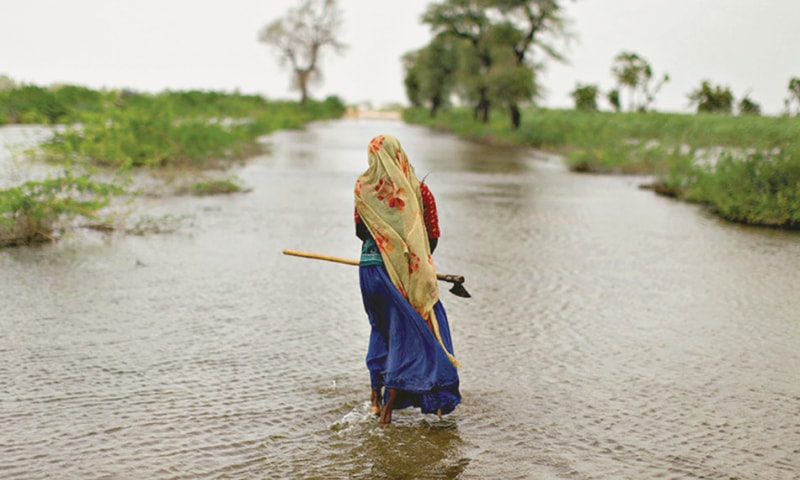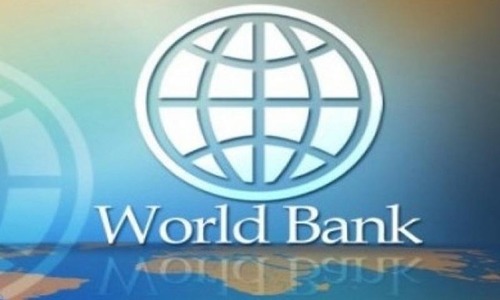KARACHI: The five most likely long-term risks to the global economy are all environment and climate-related, said participants in the World Economic Forum’s (WEF) Global Risks Perception Survey 2019-20.
The participants — global shapers — identified that extreme heat waves, destruction of ecosystems, health impacted by pollution, water crisis and uncontrollable fires as the top risks faced by the global economy.
With environment and climate risks topping the list, the next ten years are being dubbed as “the decade of sustainability”.
The WEF rankings note that these risks are perceived differently with stark generational divergences in perspective.
Short-term risks in particular are perceived differently, with young professionals more emphatic on the need for environmental, social and corporate governance (ESG) integration and rapid change in global production, investment and trade.
However, participants across all generations agree that the five most likely long-term risks for the global economy are all environment and climate-related.
Moreover, the report paints a gloomy outlook highlighting that the “climate change is striking harder and more rapidly than many expected. The last five years are on track to be the warmest on record, natural disasters are becoming more intense and more frequent, and last year witnessed unprecedented extreme weather throughout the world.”
It said the “near-term impacts of climate change add up to a planetary emergency that will include loss of life, social and geopolitical tensions and negative economic impacts.”
A separate report released by the International Institute of Finance (IIF) on the mentioned survey results notes that addressing these issues will require a robust toolkit including collaboration on methodologies to understand and price climate risk — and access to better ESG data.

The emphasis of an ESG data-led pivot is likely to be on the electricity generation. The global demand for electricity is projected to surge over 20 per cent in this decade as the world’s population grows, urbanisation rates rise, and consumer preferences spin towards lower-emissions technologies such as electric vehicles.
Emerging markets, notably China and India, will account for over 85pc of this rising demand. But this trend also highlights a major climate risk: at present, electricity generation is responsible for over 40pc of global carbon emissions, reflecting heavy reliance on fossil fuels in power generation.
With coal and natural gas making up over 60pc of the global power mix, transitioning towards renewable energy is crucial to mitigating global warming. However, reductions in carbon intensity (ie emissions per unit of energy consumed) have been slow in recent years.
The European Parliament has reached a compromise that may enable nuclear projects to attract taxonomy-compliant transition financing as long as they “do no significant harm” to environmental objectives.
Indeed, the standoff over the role of nuclear power in the European Green Deal highlights country-level divisions as the EU’s 2050 “net zero emissions” transition pathway takes shape.
France, Britain, and others have pushed for the EU’s sustainable finance taxonomy to include nuclear, despite opposition from Germany, Austria, and Luxembourg.
Over the past 30 years, share of renewables in total energy supply in the EU-28 has risen slowly, from 5pc to just 15pc; while the renewables industry has grown rapidly, it has not outpaced the rise in overall energy consumption.
This suggests that reliance on renewables alone may not be enough to reach net zero.
The report says “there is still scope for stakeholders to address these risks, but the window of opportunity is closing. Coordinated, multi-stakeholder action is needed quickly to mitigate against the worst outcomes and build resiliency across communities and businesses.”
Published in Dawn, January 26th, 2020













































